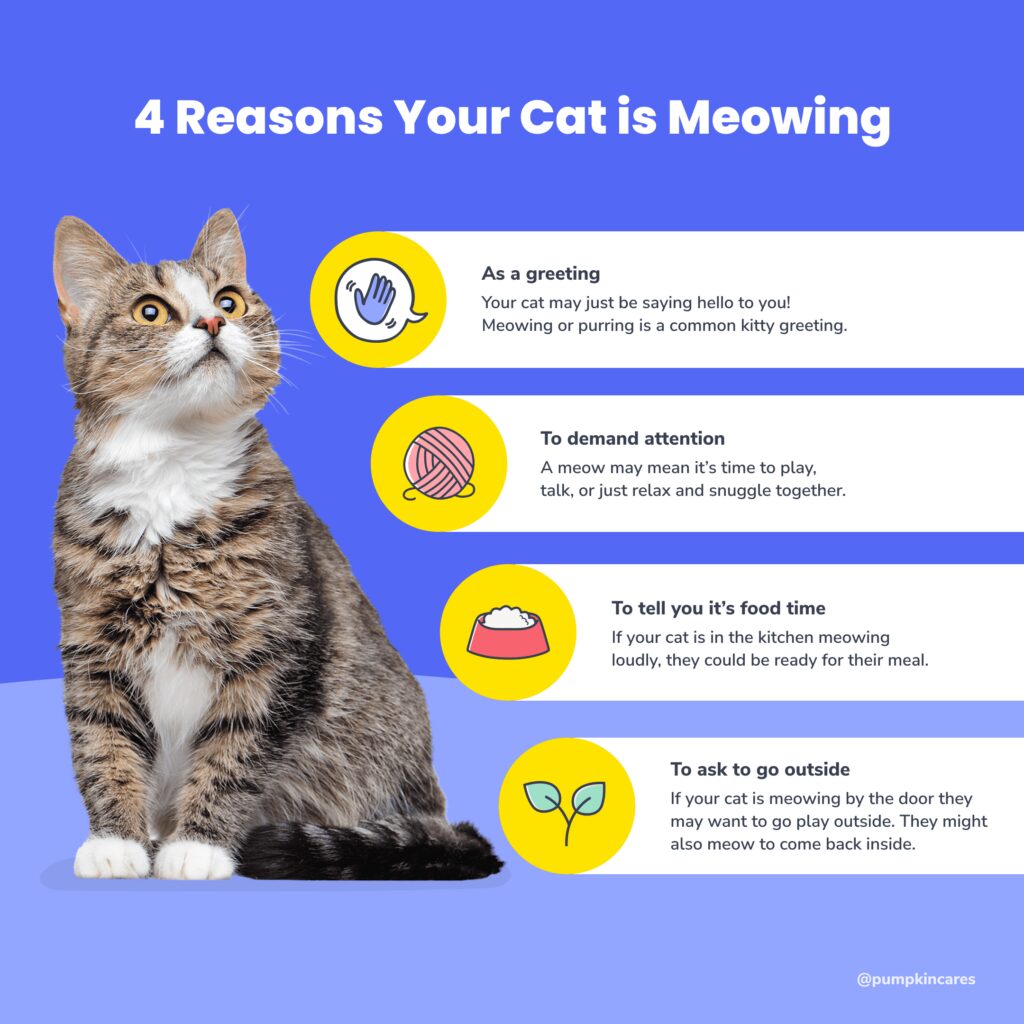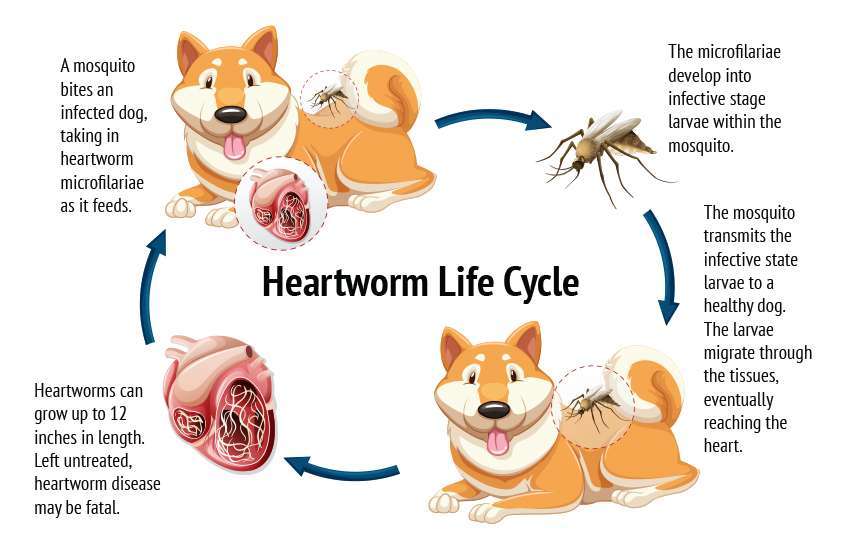Attention all cat lovers! Are you ready to dive into the fascinating world of heartworms in cats? Brace yourselves, because this is a topic that holds immense value for every feline owner out there. Whether you're a seasoned pet parent or a newbie to the cat kingdom, understanding the ins and outs of heartworms is absolutely essential for guarding your precious kitty's heart. But fear not, we'll navigate through this subject together, using simple language suitable for even the most curious 7th grader. So, get ready to unravel the mysteries surrounding these sneaky parasites and discover how you can protect your furry friend from their deadly grasp. Let's embark on this journey of knowledge with an open mind and an unwavering determination to keep our beloved kitties safe and sound!
Key Takeaways:
- Heartworms can be a serious and potentially fatal condition in cats.
- Cats can contract heartworms through the bite of an infected mosquito.
- Symptoms of heartworm disease in cats may include coughing, difficulty breathing, and weight loss.
- Prevention is key in protecting cats from heartworms, with options such as monthly preventives available.
- If a cat is diagnosed with heartworm disease, treatment options are limited and can be risky.
Understanding Heartworms in Cats: A Guide for Cat Owners
Introduction
Hi there! If you're a cat owner, it's important to know about heartworms and how they can affect your furry friend. Heartworm disease is a serious condition that can lead to severe health problems in cats. In this guide, I'll provide you with all the information you need to understand heartworms and how to protect your cat from them.
The Importance of Knowing About Heartworms for Cat Owners
Why Should You Care?
As a cat owner, it's crucial to be aware of heartworms because they can have devastating effects on your feline companion. Heartworm disease occurs when worms called Dirofilaria immitis infect the blood vessels and organs of cats. If left untreated, heartworms can cause serious damage to the heart, lungs, and other vital organs, leading to respiratory distress, organ failure, and even death.
By understanding heartworms and taking preventive measures, you can ensure the health and well-being of your beloved cat. Prevention is key because treatment options for cats with heartworm disease are limited compared to dogs.
How Heartworms Impact the Health of Cats
The Silent Invaders
Heartworm infection in cats often goes unnoticed until it reaches an advanced stage. Unlike dogs, cats are not natural hosts for heartworms, which means the parasites do not mature into adults in their bodies. Instead, cats typically have fewer adult worms or immature larvae present.
This difference may seem like good news; however, even a small number of heartworms can cause significant health issues in cats. The presence of these parasites triggers an inflammatory response, leading to lung damage, respiratory problems, and heart complications. Additionally, the death of immature worms can cause severe inflammation in the blood vessels.
Transmission of Heartworms to Cats: What You Need to Know
The Culprits Behind Transmission
Heartworms are primarily transmitted through mosquito bites. When a mosquito carrying infective larvae bites a cat, these larvae enter the bloodstream and migrate to the heart and lungs, where they mature into adult worms over several months.
Cats living in areas with high mosquito populations are at a greater risk of contracting heartworm disease. Mosquitoes can easily enter homes and transmit the infection to indoor cats as well. It's essential to remember that even if your cat doesn't go outside, they can still be exposed to heartworms.
Prevention is Key
To protect your cat from heartworms, prevention is crucial. Here are some steps you can take:
- Consult your veterinarian about using a monthly preventive medication specifically formulated for cats.
- Keep your cat indoors during peak mosquito activity times, such as dusk and dawn.
- Use screens on windows and doors to prevent mosquitoes from entering your home.
- Eliminate standing water sources around your home where mosquitoes breed.
Preventing Heartworms in Cats: Tips for Cat Owners
The Power of Prevention
The best way to protect your cat from heartworm disease is through prevention. There are various preventive measures available that can help keep your feline friend safe:
- Talk to your veterinarian about using FDA-approved heartworm preventive medications for cats. These medications are typically administered monthly and come in various forms, such as chewables or topical treatments.
- Follow the recommended dosage and administration instructions for the preventive medication. It's important to be consistent and give the medication on time every month.
- Regularly take your cat to the veterinarian for check-ups and heartworm testing. Early detection is crucial for effective treatment.
Common Signs and Symptoms of Heartworm Infection in Cats
Unmasking the Symptoms
Identifying heartworm infection in cats can be challenging because the symptoms are often subtle or mistaken for other conditions. Some common signs to watch out for include:
- Coughing or wheezing
- Vomiting or loss of appetite
- Lethargy or weakness
- Rapid breathing or difficulty breathing
- Weight loss
Treatments Available for Cats with Heartworms: What You Should Know
The Treatment Challenge
Treating heartworm disease in cats can be complex and risky due to their unique physiology. Unlike dogs, there is no approved drug specifically designed to eliminate adult heartworms in cats. Additionally, the death of adult worms can trigger severe inflammation, causing further complications.
Your veterinarian will develop a treatment plan based on your cat's individual condition. This may involve managing symptoms, providing supportive care, and closely monitoring your cat's health over time.
In conclusion, heartworms are a serious threat to cats and can cause severe health problems. It is important for cat owners to take preventative measures to protect their furry friends from this dangerous parasite.
What kills heartworms in cats?
The death of a single worm can have serious consequences for a cat's health. Currently, there is no officially approved medication by the FDA to treat heartworm disease in cats, but symptoms can be controlled with medications. If adult heartworms are visible through an ultrasound, surgical removal may be considered as a treatment option.
What percentage of cats survive heartworms?
Typically, around 80% of cats are able to clear their infection within 2 to 4 years after being diagnosed. However, of those cats that do not survive in the long term, approximately half of them will experience sudden death due to acute respiratory failure.
How do cats act when they have heartworms?
The typical symptoms seen in cats with heartworm infection include occasional vomiting (which may include blood), diarrhea, fast and labored breathing, coughing, and gagging, which can be mistaken for feline asthma or another lung disease. Other signs include loss of appetite, laziness, and weight loss.
Is there a home remedy for heartworms in cats?
Q: Is there any way to treat heartworm in cats naturally at home? A: There are no natural home remedies for heartworm in cats. The only option is to focus on preventing or protecting cats from mosquito bites, which can help prevent heartworm infection.
Is there a natural treatment for heartworms in cats?
Treating heartworm is challenging and potentially dangerous. There is no guaranteed solution. I suggest using a concentrated Wormwood extract, along with Bach Flowers Crab Apple and Walnut, as well as a specific homeopathic nosode for heartworm treatment.
How long can heartworms go untreated cats?
After entering a new host, it takes around 6 months for the larvae to develop into fully grown heartworms. Once mature, heartworms can survive for 5 to 7 years in dogs and up to 2 or 3 years in cats. Due to their long lifespan, each mosquito season can result in a greater number of worms in an infected pet.

















